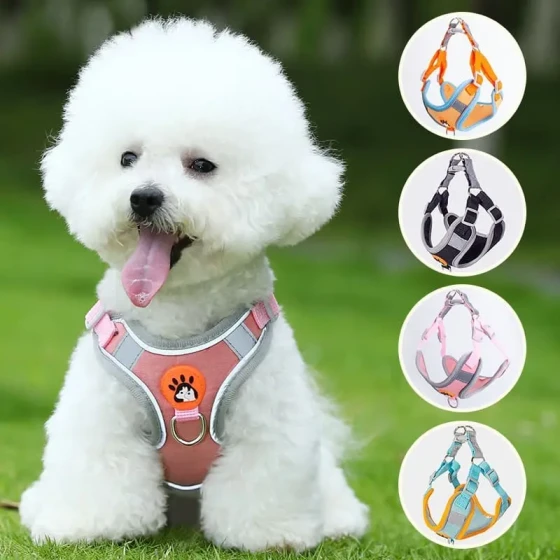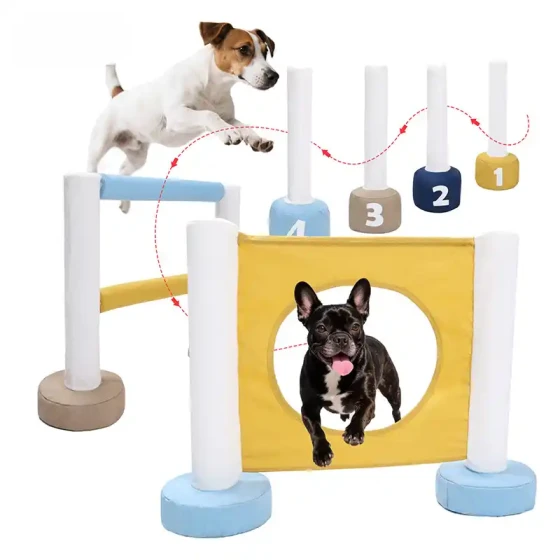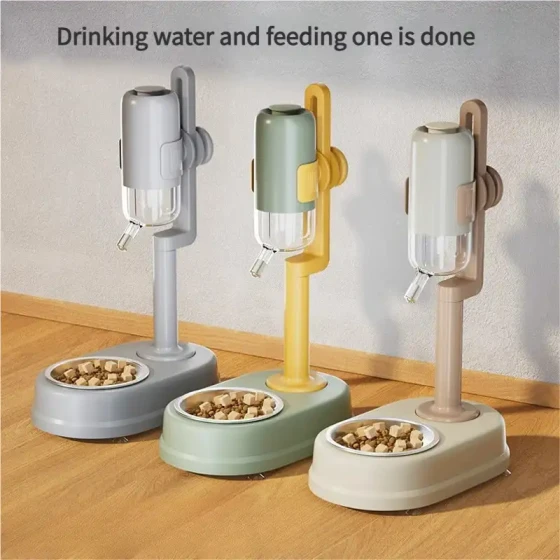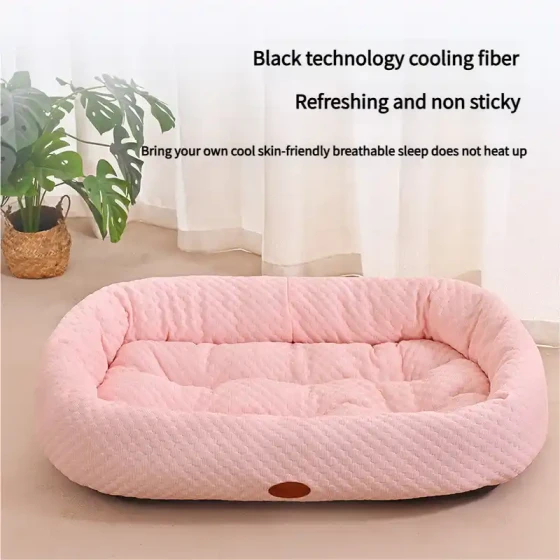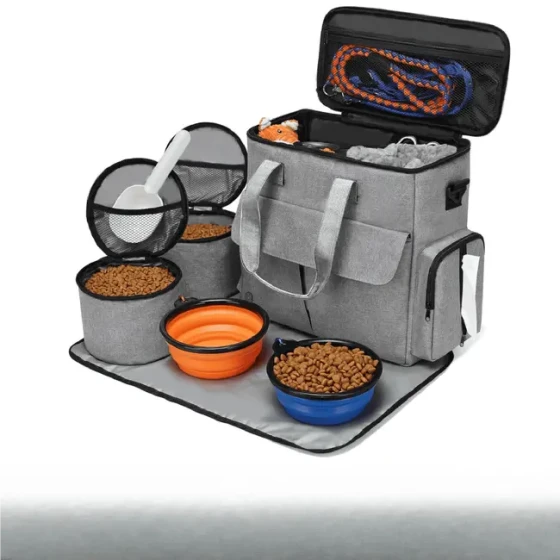How to Raise a Chihuahua
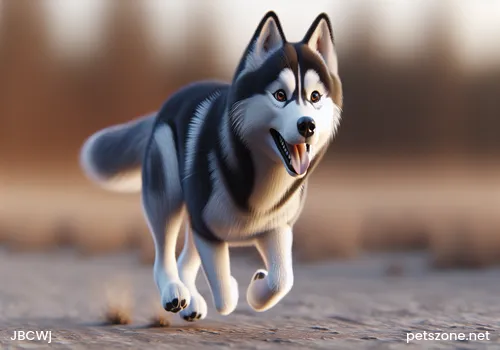
Among small dog breeds, it is the second smallest, elegant, alert, and quick in movement, loved for its proportionate physique and tiny stature. Although the Chihuahua is a small dog, it also possesses the hunting and guarding instincts of large dogs, with a temperament similar to terriers. This dog is divided into long-haired and short-haired types. This dog is tiny, not afraid of other dogs, and is extremely possessive of its owner. So, how to raise a Chihuahua? Here is some technical support for you!
Puppies brought home for the first time may feel bewildered. You should restrict it to one room to let it observe the new environment, but accompany it to prevent fear. Before it comes home, prepare food, a food bowl, chew toys, and a comfortable bed. A sufficiently large pen is necessary; this pen will soon become its private house. It can see all the activities in the house. Prepare clean water. Toys can stimulate the dog's interest and help build feelings with the owner.
Make home safety arrangements. Puppies are naturally curious and will explore new objects by sniffing and biting. You should take simple measures, remove fragile items, and ensure the puppy cannot bite dangerous things like electric wires. Check that all electrical outlets are turned off. Chili oil can prevent puppies from biting things.
Be sure to pay attention to keeping warm. In winter, dress it in a small cotton coat and put booties on it when going outside. When bathing, be sure to use the warm setting on the hairdryer and dry thoroughly. Frequently check its nose; don’t let it get too dry as dryness can indicate internal heat or other problems.
Regarding diet, avoid overfeeding. Feed twice a day, ensuring balanced nutrition, and appropriately feed some fruits. Some Chihuahuas only drink the juice inside fruits and do not eat the dry parts!
Most Chihuahuas like eating sunflower seeds! Sunflower seeds have insect-repelling effects, so giving them some in moderation is beneficial for their body!
Regarding emotions: Chihuahuas are very intelligent; they understand both praise and scolding and hold grudges. If you act harshly, they won’t like you! Chihuahuas like their owners to rub their belly; doing so improves their mood. This breed fears loneliness the most! Take them out to play often and praise them regularly to support their mental and physical growth.
【Hygiene】
Although Chihuahuas mostly stay indoors, cleaning must still be done. At least bathe them once a month; long-haired Chihuahuas need more frequent baths because their long fur easily picks up dirt. Regularly groom their fur with a soft brush and wipe with velvet cloth for shine. Ears should also be cleaned regularly. Additionally, Chihuahua nails grow fast and are sharp, so trim them regularly.
【Food】
Provide clean, fresh food. Bowls and other utensils should be cleaned regularly, and clean drinking water should be available after meals.
Chihuahuas naturally have a small appetite but a fast metabolism and get hungry quickly. It’s best to feed them several times a day. Dry food should be the main diet, supplemented appropriately with wet food. Chihuahuas are picky eaters but beware of overfeeding to prevent obesity.
Give 60–90 grams of meat daily; larger Chihuahuas need about 150 grams, along with a similar amount of vegetables and biscuits.
Because this breed is not cold-tolerant, food should be served warm. Meat should be cooked and chopped, then mixed with dry food and warm water before feeding.
【Environment】
Chihuahuas are small and do not require much living space. Generally, an average home space is enough for them to play. They don’t require much daily exercise or frequent outings. They are very suitable for people living in apartments as they can stay at home all day.
Chihuahuas are not suited for outdoor living because extreme heat or cold can make them ill. Owners should take them out for walks to enjoy sunshine on nice days. Chihuahuas are naturally afraid of cold and may develop pneumonia or rheumatoid arthritis if chilled. Ensure proper warmth in winter.
【Preventing Indoor Defecation and Urination】
If a dog urinates or defecates indoors, first verify if it has been properly house-trained. If not, owners must retrain it. Sometimes a house-trained dog may have diarrhea and be forced to relieve itself indoors, then begin repeatedly using the same area. Owners should restrict the dog from this area and provide retraining for housebreaking.
【Notes】
Pay special attention to disease prevention. If discovered, send it to the vet as soon as possible. (Source: PetsZone)
